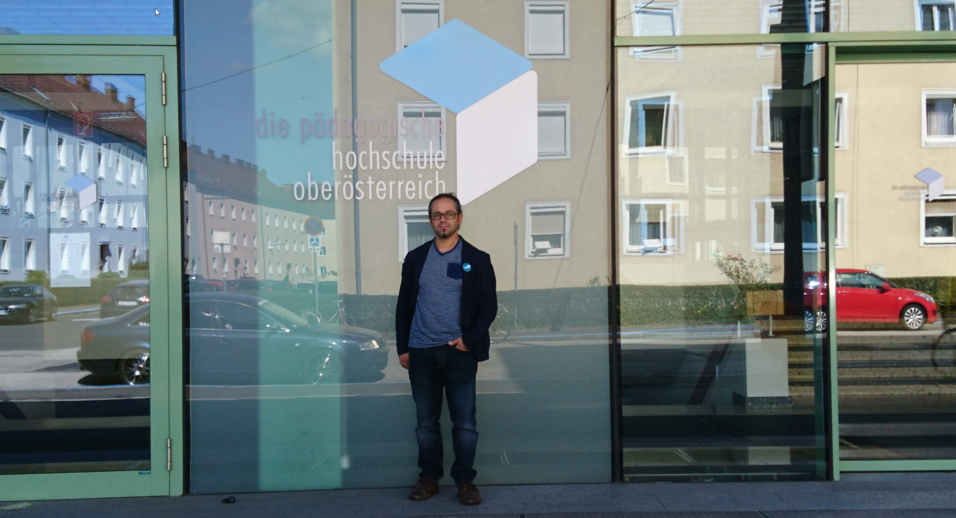Does educational research have sufficient or the right "evidence" to sensibly monitor educational processes ? Which data are used by whom, how and why? Which data aren't used, and why not? These and other questions about the importance of data and evidence in educational research were at the centre of this year's Congress of the Austrian Society for Research and Development in Education (ÖFEB). Under the title "Surveying", the relationship between educational research, educational policy and educational practice was discussed against the background of evidence-based orientation.
The Congress
Educational practice based on scientific research requires both theoretically founded and empirically proven research results, which in turn are based on high-quality data. Data archives and repositories, therefore, play an increasingly important role in ensuring the availability of existing data for research. In educational research, data from school performance evaluations such as those of the educational standards (BIST) are of interest. These are archived and made available for secondary scientific use by the Research Data Library (FDB) of the Federal Institute for Education Research, Innovation & Development of the Austrian School System (BIFIE). Interested participants of the ÖFEB Congress could gather information at the BIFIE information desk about the FDB's data stock and the tems of use for researchers. In addition, international data centers offered data re-use opportunities for international school performance studies, such as PISA, PIRLS or TIMSS.
AUSSDA's Contribution
However, survey data from specific individual projects also remain a valuable scientific resource after completing a research project, and can be archived and made available at AUSSDA. This is also increasingly demanded by scientific journals and funding bodies from data producers. Both the expectations of Open Data and the demands on research ethics and data protection (buzzword:GDPR) have increased. Especially in educational research, (sensitive) personal data are often involved, hence complicating the compatibility of data sharing and data protection. Thus, the congress contribution by AUSSDA team member Otto Bodi-Fernandez provided insight into the possibilities and limits of open data access and discussed the various strategies for reconciling the different requirements using AUSSDA as an example: Through the sensible combination of informed consent of the study participants, anonymization and appropriate access restrictions, even sensitive data can be re-used for research without violating data protection regulations or ethical principles. For researchers it is important to be aware of the options and keep in mind the archiving and final provision of their data throughout all project phases - in other words, they ought to carry out careful data management right from the start.

